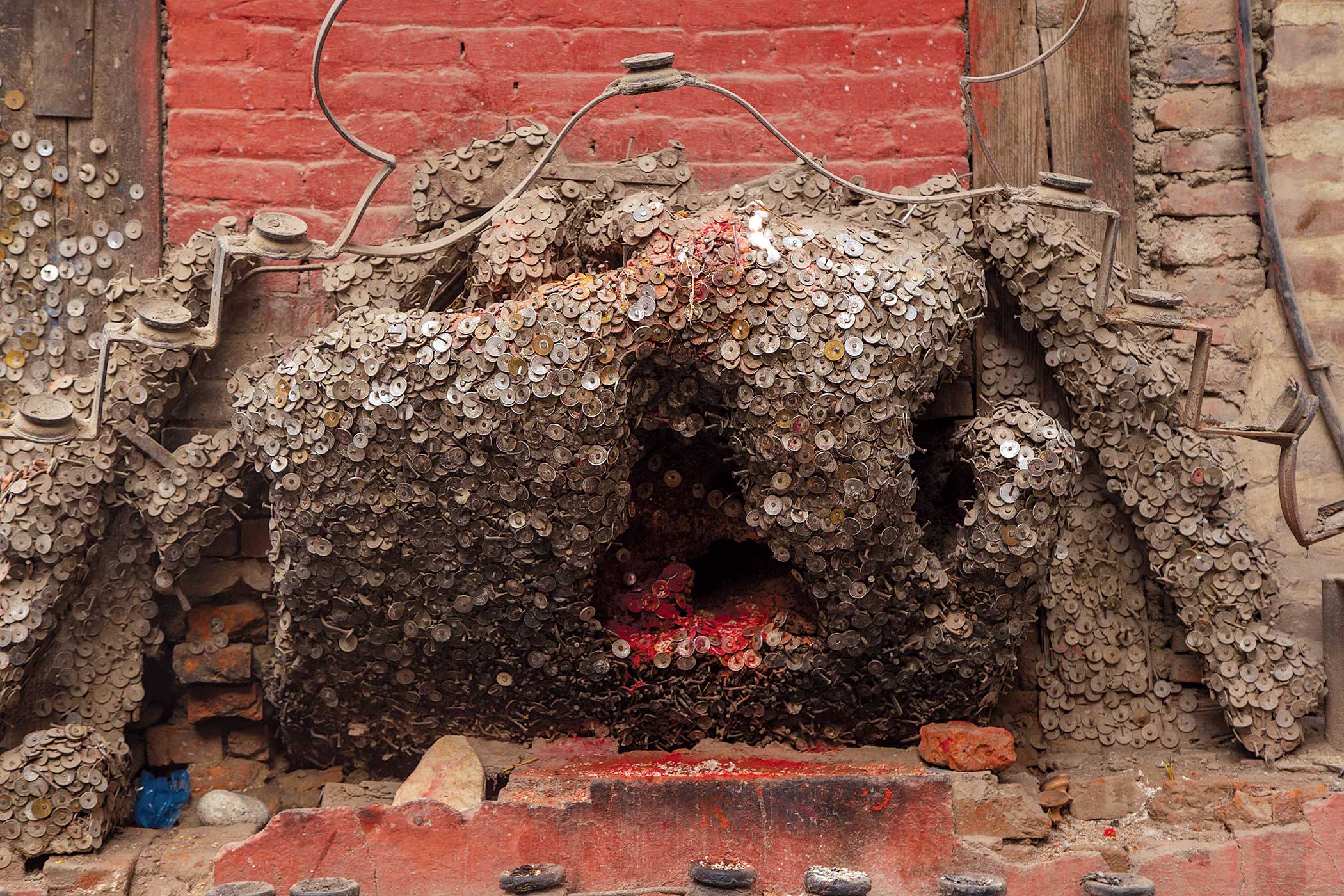WHAT IS BRUXISM?
Bruxism refers to an incessant grinding and clenching of the teeth, unintentionally, and at inappropriate times. Bruxers (persons with bruxism) are often unaware that they have developed this habit, and may not know that treatment is available until
damage to the mouth and teeth has been done. Damage caused by bruxism include the following symptoms (though ‘each
individual may experience them differently).
- abraded teeth
- facial pain
- oversensitive teeth
- tense facial and jaw muscles
- headaches
- dislocation of the jaw
- damage to the tooth enamel, exposing the inside of the tooth (dentin)
- a popping or clicking in the temporomandibular joint (TMJ)
- tongue indentations
- damage to the inside of the cheek
The symptoms may resemble other conditions or medical problems. Consult a dentist or your physician for a diagnosis.
WHAT CAUSES BRUXISM?
Although this habit is unintentional, oral health specialists often point to excessive stress and certain personality types. Bruxism often affects persons with
nervous tension such as anger, pain, or frustration, and/or persons with aggressive, hurried, or overly competitive tendencies.
HOW IS BRUXISM DIAGNOSED?
During regular visits to the dentist, the teeth are examined for evidence of bruxism, often indicated by the tips of the teeth appearing flat. If symptoms are present, the condition will be observed for changes over the next several visits before a treatment program is established.
TREATMENT FOR BRUXISM
The goals of treatment are to reduce pain, prevent permanent damage to the teeth, and reduce clenching behaviors. To help relieve pain, there are many self-care steps you can take at home.
- Relax your facial and jaw muscles throughout the day. The goal is to make facial relaxation a habit.
- Massage the muscles of the neck, shoulders, and face. Search carefully for small, painful nodules called trigger points that can refer pain throughout the head and face.
Learn physical therapy stretching
exercises to help the restore a normal
balance to the action of the muscles and joint on each side of the head.
- Apply ice or wet heat to sore jaw muscles. Either can have a beneficial effect.
Avoid eating hard foods like nuts, andies, steak.
- Drink plenty of water every day.
- Try to reduce your daily stress and learn relaxation techniques.
- Get plenty of sleep.
To prevent damage to the teeth, mouth guards or appliances (splints) have been used since the 1930s to treat teeth grinding, clenching, and TMJ disorders. A splint may help protect the teeth from the pressure of clenching. It may also help reduce clenching behaviors, but for some people it worsens their clenching. In others, the symptoms go away as long as they use the splint, but pain returns when they stop or the splint loses its effectiveness over time.
There are different types of splints. Some fit over the top of the teeth, some on the bottom. They may be designed to keep your jaw in a more relaxed position or provide some other function. If one type doesn't work, another may. For
example, a splint called the NTI-tss fits over just the front teeth. The idea is to keep all of your back teeth (molars) completely separated, under the theory that most clenching is done on these back teeth. With the NTI, the only contact is between the splint and a bottom front tooth.
After splint therapy, orthodontic
adjustment of the bite pattern may be beneficial for some people.
Finally, there have been numerous
approaches to try to help people unlearn their clenching behaviors. These are more successful for daytime clenching, since nighttime clenching is difficult to stop. In some people, just relaxing and modifying daytime behavior is enough to reduce nighttime bruxism. Methods to directly modify nighttime clenching have not been well studied. They include various biofeedback devices, self hypnosis, and other alternative therapies.
OUTLOOK (PROGNOSIS)
Bruxism is not a dangerous disorder. It can, however, cause permanent damage to the teeth and uncomfortable jaw pain, headaches, or ear pain.
POSSIBLE COMPLICATIONS
Clenching and grinding leads to jaw pain, insomnia, depression, eating disorders and can worsen existing dental or TMJ
problems. Nightly grinding can awaken roommates and sleeping partners.
WHEN TO CONTACT A MEDICAL PROFESSIONAL
See a TMJ specialist immediately if you are having trouble eating or opening your mouth. Keep in mind that a wide variety of possible conditions can cause TMJ symptoms, from arthritis to whiplash
injuries. For a full evaluation, therefore, you must see a TMJ specialist if self-care measures do not help within several weeks.
Grinding and clenching does not fall clearly into one medical discipline, and TMJ specialists have a variety of treatment
approaches. For a massage-based
approach, look for a massage therapist trained in trigger point therapy, neuromuscular therapy, or clinical massage,
particularly as it applies to TMJ disorders.
Dentists who specialize in evaluating and treating TMJ disorders will typically
perform x-ray exams and prescribe a mouth guard, keeping surgery as a last resort.
PREVENTION
Stress reduction and anxiety management may reduce bruxism in persons prone to the condition.
Advanced Dental Care
Lazimpath, Kathmandu (opp. palace)
Phone 443.3800
Email: dentistnepal@yahoo.com










